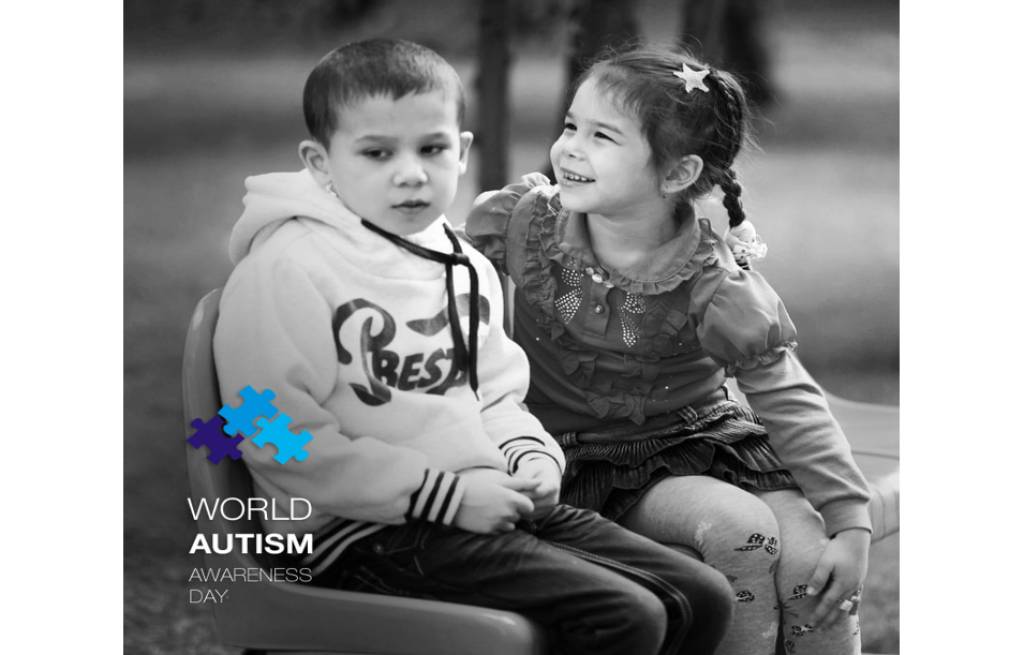
World Autism Awareness Day, observed on April 2nd every year, is an international initiative aimed at increasing awareness about autism spectrum disorder (ASD), promoting acceptance, and advocating for the rights and well-being of individuals with ASD and their families.
World Autism Awareness Day (WAAD) was established in 2007 by the United Nations General Assembly to raise global awareness about ASD, promote understanding, and advocate for the rights and well-being of individuals with ASD and their families.
Challenges faced by individuals with ASD and their caregivers: Individuals with ASD and their families often face numerous challenges, including:
Access to early diagnosis and intervention services: Early diagnosis and intervention are crucial for improving outcomes for individuals with ASD. However, many face barriers to accessing timely and appropriate diagnostic and support services due to financial constraints, limited availability of services, and disparities in healthcare systems.
Inclusive education: Access to inclusive education remains a challenge for many children with ASD, with a lack of adequately trained educators, insufficient resources, and inadequate support systems in mainstream schools.
Employment opportunities: Individuals with ASD often face difficulties in securing and maintaining meaningful employment due to social and communication challenges, discrimination, and a lack of appropriate support and accommodations in the workplace.
Social isolation and stigma: Misconceptions and negative stereotypes about autism can lead to social isolation and discrimination, affecting the mental health and well-being of individuals with ASD and their families.
Financial burdens: Families of individuals with ASD may face significant financial burdens due to the cost of specialized therapies, educational resources, and other support services.
Early diagnosis and intervention are critical for improving outcomes for individuals with ASD. Research has demonstrated that early intervention can significantly improve cognitive, language, and social skills, leading to better long-term outcomes for children with ASD. Key components of early intervention programs may include individualized therapy, social skills training, communication strategies, and family support.
To address the challenges faced by individuals with ASD and their families, concerted efforts are required from governments, healthcare professionals, educators, researchers, and advocacy groups. Key areas of focus should include:
Continued research: Further research is needed to understand the underlying causes of ASD, develop effective interventions, and identify best practices for providing support and care.
Education and training: Ensuring that educators, healthcare professionals, and service providers are well-trained in working with individuals with ASD is crucial for improving access to appropriate support and care. Additionally, raising public awareness about ASD and promoting acceptance of neurodiversity can help reduce stigma and discrimination.
Policy and advocacy: Governments should develop and implement policies that promote the rights and well-being of individuals with ASD, ensuring access to inclusive education, employment opportunities, and support services. This includes allocating resources to enhance the availability and quality of ASD-related services and programs.
Community engagement and awareness: Raising awareness about autism and promoting understanding and acceptance of individuals with ASD is essential for combating stigma and discrimination and fostering a more inclusive society. Community-based initiatives, public awareness campaigns, and media portrayals of individuals with ASD can contribute to a more inclusive and empathetic society.
Collaboration among stakeholders: Collaboration among various stakeholders, including individuals with ASD, their families, advocacy groups, researchers, and policymakers, can help identify gaps in services and support, develop evidence-based strategies, and share best practices to improve the quality of life for individuals with ASD and their families.
World Autism Awareness Day serves as a reminder of the need for continued efforts to raise awareness, promote understanding, and support individuals with ASD and their families. By working together, we can create a more inclusive and supportive society that values the contributions and potential of all individuals, regardless of their neurological differences. Ongoing research, education, policy development, and collaboration among stakeholders are essential in fostering an environment where individuals with ASD can thrive and lead fulfilling lives.
Davronbek MUZROBOV
Senior Specialist of the Department for Dealing with Appeals of Persons and Legal Entities at the
National Center of the Republic of Uzbekistan for Human Rights








